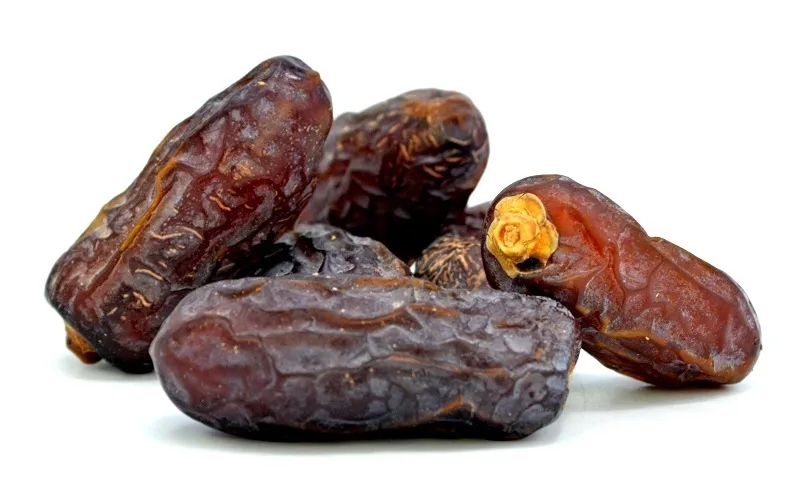Consumer Preferences in Malaysia and Major Date-Consuming Countries
When it comes to date consumption, different regions and countries often exhibit distinct preferences. In the case of Malaysia, a country with a diverse culinary landscape, consumer preferences for dates can differ from major date-consuming countries such as Saudi Arabia and Egypt. Let’s explore these differences and identify popular date varieties among Malaysians and see how Kurma supplier in Malaysia try to offer quality dates.
Consumer Preferences in Malaysia
In Malaysia, dates, known as “kurma” in the local language, hold cultural and religious significance, particularly during the holy month of Ramadan. Malaysians consume dates as a traditional practice during iftar, the breaking of the fast. However, consumer preferences extend beyond religious observances, and dates are enjoyed as a delicious and nutritious snack throughout the year.
1. Texture and Softness
One aspect that distinguishes Malaysian consumer preferences is the preference for softer and more tender dates. Malaysians often appreciate dates with a melt-in-your-mouth texture, which are easier to bite into and chew. This preference for softer dates can influence the selection and demand for specific varieties.
2. Sweetness
Malaysians generally have a preference for moderately sweet dates. While sweetness is valued, excessively sugary dates may be less favored. This preference for a balanced level of sweetness can influence the popularity of certain date varieties among Malaysians.
3. Versatility
Malaysians also appreciate the versatility of dates in culinary applications. Dates are often used in various traditional desserts, baked goods, and even savory dishes. The ability to incorporate dates into a wide range of recipes makes them an appealing choice for Malaysian consumers.
Differences with Saudi Arabia and Egypt
When comparing consumer preferences in Malaysia to major date-consuming countries like Saudi Arabia and Egypt, several notable differences emerge.
1. Fresh vs. Dried Dates
In Saudi Arabia and Egypt, fresh dates are widely consumed, and there is a high demand for different varieties of fresh dates. In contrast, Malaysians predominantly consume dried dates. The preference for dried dates in Malaysia is influenced by factors such as availability, shelf life, and convenience.
2. Varietal Preferences
While Saudi Arabia and Egypt are known for specific date varieties like Ajwa, Sukkari, and Medjool, Malaysians have their own preferences. Popular date varieties among Malaysians include Safawi, Mariami, and Zahidi. These varieties are known for their soft texture, moderate sweetness, and versatility in culinary applications.
The Role of Kurma Suppliers in Malaysia
Kurma suppliers in Malaysia play a crucial role in meeting the unique demands of Malaysian consumers. These suppliers source and distribute a variety of date varieties to cater to different preferences. They ensure the availability of high-quality and fresh dried dates throughout the year, especially during the festive seasons and Ramadan.
Conclusion
Consumer preferences for dates in Malaysia differ from major date-consuming countries like Saudi Arabia and Egypt. Malaysians tend to prefer softer and moderately sweet dates, with a focus on dried varieties. Popular date varieties among Malaysians include Safawi, Mariami, and Zahidi. Kurma suppliers in Malaysia play a significant role in meeting the demand for these specific date varieties and ensuring their availability throughout the year.
Key Highlights
– Consumer preferences for dates in Malaysia differ from Saudi Arabia and Egypt.
– Malaysians prefer softer and moderately sweet dates with a melt-in-your-mouth texture.
– Dried dates are more popular in Malaysia compared to the consumption of fresh dates in Saudi Arabia and Egypt.
– Popular date varieties among Malaysians include Safawi, Mariami, and Zahidi.
– Kurma suppliers in Malaysia play a crucial role in meeting the unique demands of Malaysian consumers and ensuring the availability of specific date varieties.

Leave a Reply